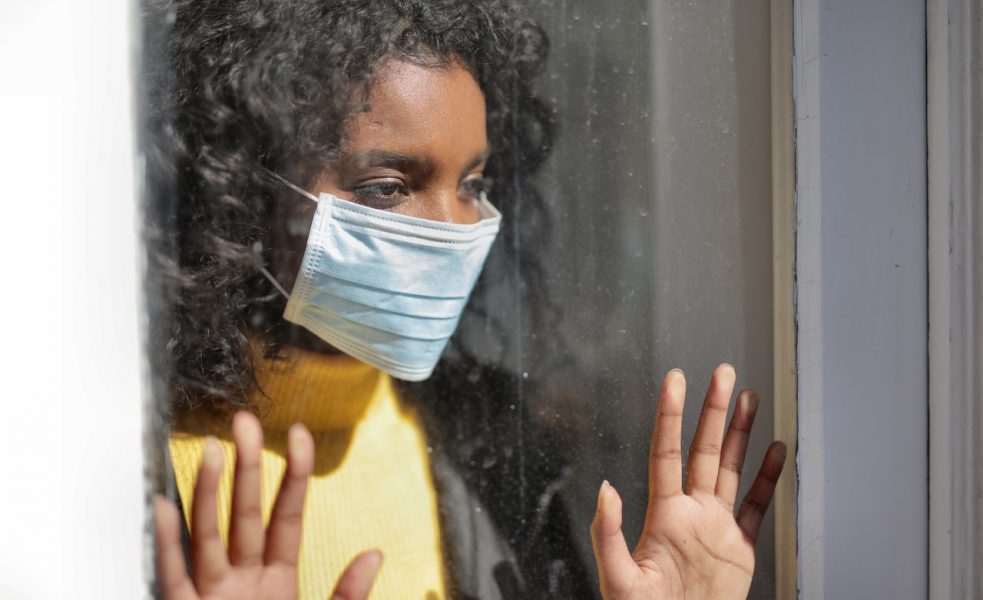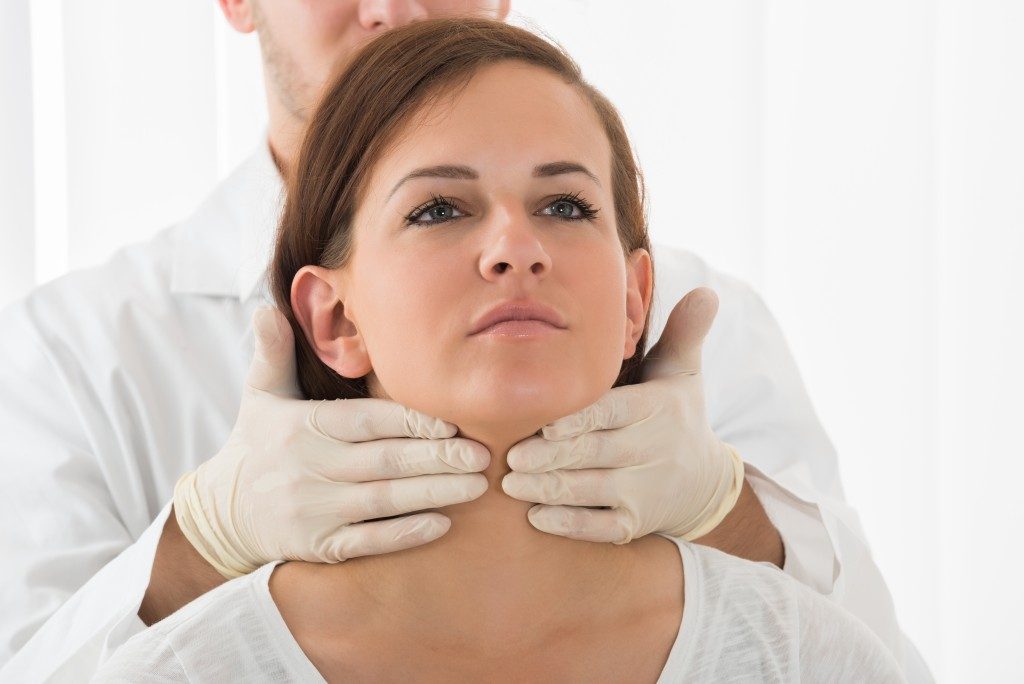For busy people, the hours in a day are never enough. Because of this, we find ourselves forgetting about our well-being and ignoring self-care practices. The problem with this is that stress builds up. If you don’t give yourself time to take a break, it can affect your physical and emotional health and relationships.
Self-care can differ between people. However, the International Self-Care Foundation has developed a framework that categorizes different self-care acts into different pillars.
Seven Pillars of Self-care
Knowledge and Health Literacy
The first step to living a healthy lifestyle is to have the desire to learn. Simply reading this is a step in the right direction; you’re curious about how way to develop your self-care routine. Studies show that people with lower health literacy are more likely to be in poor health, so stay curious. Just remember that it doesn’t stop there. Put what you’ve learned to good use, and you’ll be on your way to a better, healthier you.
Mental Well-being
The goal of self-care is not just to improve your health but also your well-being. Your mental well-being can come in many aspects like self-esteem, support, optimism, feeling in control, and more. Keeping your mental well-being in check through activities like meditation can help you clear your mind, become more productive, and learn to deal with the stress of daily life.
Accompanied by mental well-being in this pillar are self-awareness and agency. Self-awareness allows you to understand your own behaviors, traits, and feelings without bias. It also allows you to see yourself through other people’s point of view, keep your emotions in check, and use this information to influence our actions. On the other hand, Agency is our ability to do something based on knowledge and awareness of certain situations.
Physical Activity
Self-care also includes taking care of your body. Lounging around the house might seem like a good idea, but even 20 to 30 minutes of exercise can help improve your physical and mental health. Depending on your lifestyle, this could mean anything from taking a nightly walk or having a high-intensity workout routine.
Healthy Eating
You often hear people say, “you are what you eat,” and as cliché as it may sound, it’s true. This doesn’t mean that you have to go on a diet and avoid the foods you love. It’s about taking everything in moderation and being mindful of what you’re putting into your body. Limiting your sugar, caffeine, and salt intake and choosing healthier alternatives is a step in the right direction to healthy eating.
Risk Avoidance
Self-care towards your body doesn’t refer to just food. It’s about taking care of your body physically and mentally. Avoid using dangerous substances and limit, or even avoid, alcohol and tobacco use. Also, try to avoid situations that are dangerous or cause you discomfort.
Good Hygiene
You might think this involves luxurious bubble baths and spa days, but good hygiene can be as simple as brushing your teeth, taking a shower, and washing your hands. To some, simple tasks like these are difficult, and completing them can be a big accomplishment.
Rational Use of Products and Services
Some different products and services work for some but not for others. Whether it’s using vitamins, taking a cooking class, or going to the gym, make sure that you’re doing what works for you and not what’s trending. When you know what works, stay consistent with these products, but don’t beat yourself up if you fall out of your routine for a day or two. When this happens, it’s important to forgive yourself and learn to get back to your routines.
Routines for Busy People
Practice Mindfulness
Mindfulness is all about being in the moment and finding purpose in each action. There are many ways to practice mindfulness, but the main goal is to do things with intention. Don’t rush to do things for the sake of doing them. For instance, it’s important to listen to your body to know how hungry you are and eat accordingly. This way, you won’t overeat, and you’ll savor your food.
Get Organized
Clutter can get in the way of self-care, and your life won’t feel organized unless your things are. If you find that your things get disorganized regularly, try setting an organizing schedule for yourself once or twice a month. It also helps to keep track of your daily tasks using a to-do list or planner.
Get Enough Sleep
We often tend to forget just how important sleep is. Getting 6 – 8 hours of sleep can make or break how your day goes. If you find yourself having a hard time sleeping, avoid using your gadgets at least an hour or two before you sleep. Getting proper rest has a laundry list of benefits such as a stronger immune system, decreased risk of heart disease, and better productivity, among others.
Set Self-improvement Goals
Self-improvement depends on you; don’t do it for other people. Whether it means getting a new look, finding a new hobby, or doing extra work, there’s always room for self-improvement. Set goals to keep track of what you want to improve and make sure you hold yourself accountable. Achieving these goals can even help raise your self-esteem.
For instance, if you don’t like how your hair looks right now, give the salon a visit and transform your look. If you feel self-conscious about your smile and you have the budget for it, make a change by getting braces. They’re not the most attractive to see, but thanks to new technology, you can use different types of braces. If you’re afraid to commit to the metal brackets, you can choose to use clear aligners or Invisalign to improve your smile.
When you have something to work towards, you’re likely to have more motivation to get it done.
Disconnect
With the pandemic keeping us working and learning from home, avoiding your gadgets might seem impossible. You might not want to miss out on the latest news, but sometimes, social media can add up to the stress you already have. Limit your screen time whenever you can and use that time to do more productive activities.
Use Your Vacation Days Wisely
Vacation days are there for self-care, so don’t waste the opportunity by not taking your vacation days. There’s nothing like a good mini-vacation to relax and recharge. When you come back, you’ll be ready to face things head-on and with a fresh perspective.

Get Out of the House
Sometimes, spending a bit of time outside can help you de-stress. Consider taking a short walk, doing some garden, or any outside activity that helps you shake off the fatigue you might feel being stuck in the house.
With the proper mindset and the right amount of motivation, you’ll be adding self-care into your daily routine before you know it. Once you start to feel the difference, you’ll ask yourself why you didn’t start earlier.



